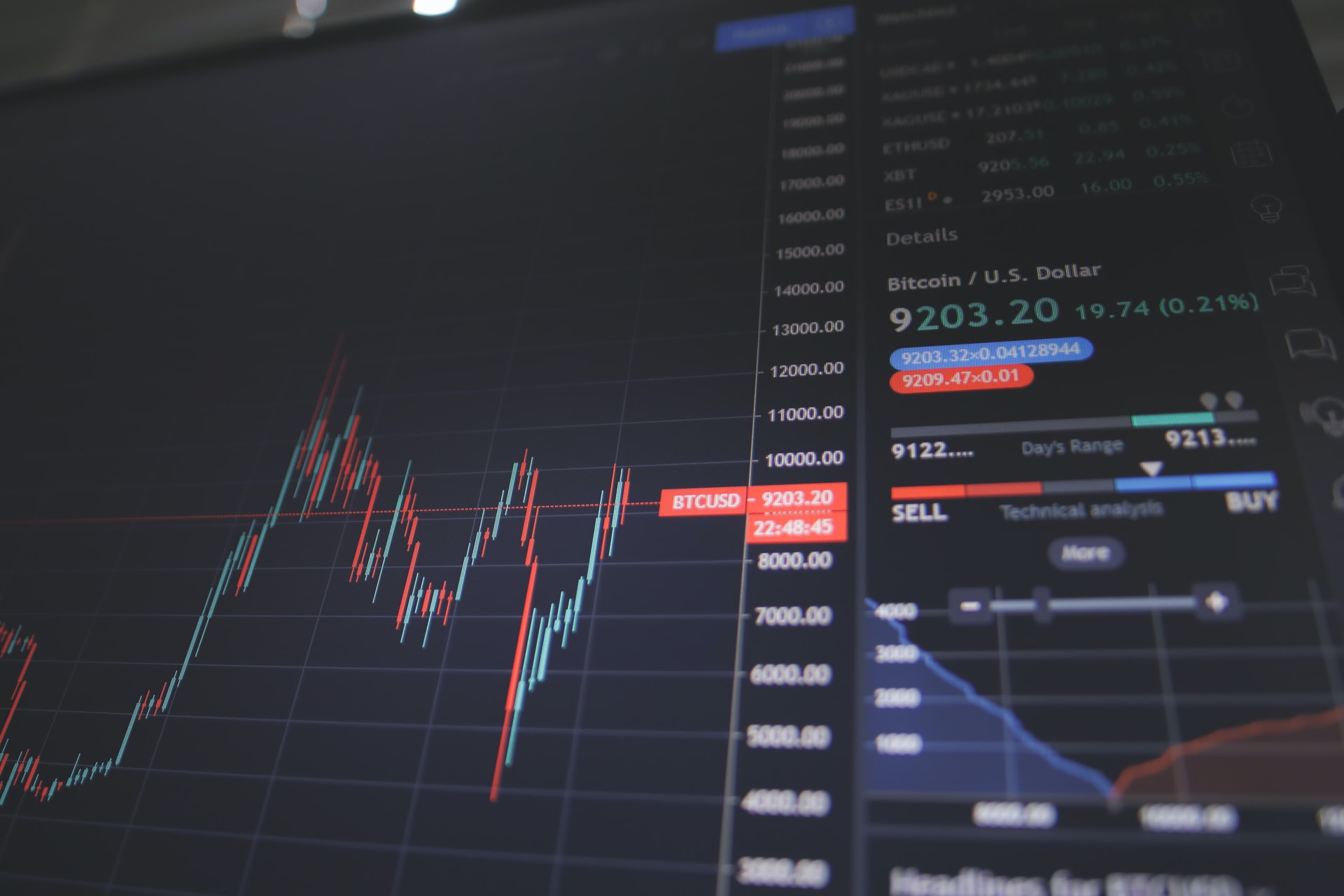The main rhetoric this month has been the threat of rising inflation rates leading to some sections of financial markets to reduce exposure towards government bonds. The inflationary pressure also made its way through to many equity markets as investors speculated rising inflation rates may see central banks begin to withdraw monetary stimulus packages. Could it be said that it is the fear of inflation rather than inflation itself creating the narrative? Overall, inflation is below official targets, usually running at around 2%, in most developed economies and where it is increasing it is coming from a low starting point.
Within the UK, the Bank of England (BoE) downgraded their 2021 forecast as the economy continues to balance the trade-off between lockdown restrictions and the predicted post-Covid lockdown bounce. It expects GDP to be back to pre-Covid levels by Q1 2022. Perhaps as a concern, the increased UK employment rate, where it now sits at 5.1% despite the extended Government’s furlough scheme shows that there is considerable work to be done before an economic recovery can be declared. Indeed, all eyes will be on Chancellor Rishi Sunak next month who will deliver the Government’s budget as a gauge of how well UK plc is fairing.
Within the US, equity markets started by continuing their upwards trajectory brought on by Joe Biden’s $1.9tn stimulus package inching closer along with the successful roll-out of the vaccination programme. This led to leading US Indexes, such as the S&P 500 and Nasdaq hitting new all-time highs. However, there were some grounds for recourse as US Government yields rebounded as investors inflation fears crept in. This was shown in a steepening of the US T-Bills yield curve, with investors now requiring a yield premium to be compensated for potential higher inflation rates.
Finally, this month we saw the impact of the lockdowns on the oil Industry; Shell’s 2020 profit dropped by 71%, its lowest levels in 15 years, BP reported a 96% fall in profits – its first loss in over a decade, and ExxonMobil suffered its first loss in company history, losing over $20bn. Each surely hoping that the unlocking of the economy enables pent-up demand to feed through to their revenue levels.
| Asset Class | Proxy | 1-Month | 3-Month | 6-Month | 1-Year |
| Cash | UT Cash/Money Market | -00.01% | 00.00% | 00.01% | 00.45% |
| Gilts | FTSE Gilts All Stocks | -05.68% | -05.05% | -05.36% | -04.22% |
| UK Corporate Bonds | UT UK Fixed Interest | -04.24% | -05.28% | -03.58% | -02.62% |
| Property | UT Property | 01.48% | 02.04% | 06.49% | -02.77% |
| UK Equity | UT UK Equities | 01.94% | 06.25% | 16.66% | 10.49% |
| European Equities | MSCI Europe ex UK | -00.98% | -00.86% | 07.99% | 13.20% |
| US Equities | S&P 500 | -01.31% | -00.54% | 03.94% | 17.86% |
| Japanese Equities | MSCI Japan | -01.73% | -00.49% | 12.64% | 17.29% |
| Emerging Markets Equities | MSCI Emerging Markets | -03.82% | 04.91% | 15.70% | 24.29% |
Data Sourced from FE Analytics, and Bloomberg Finance LP.
